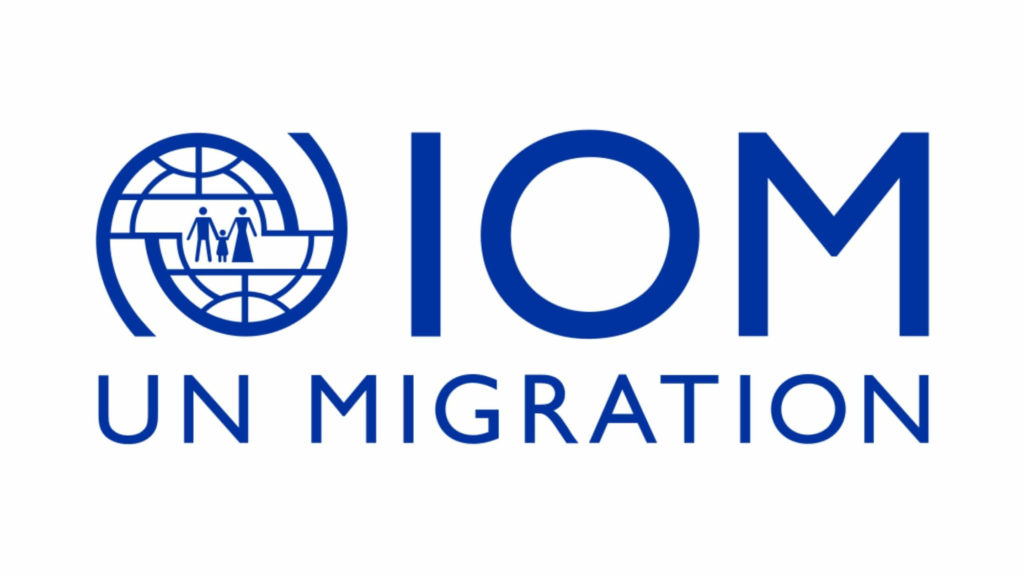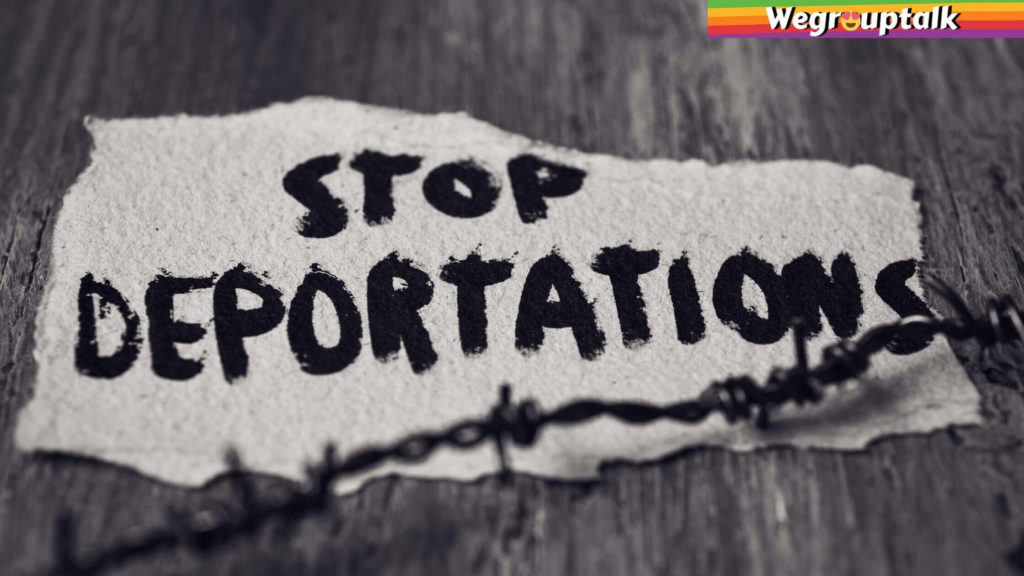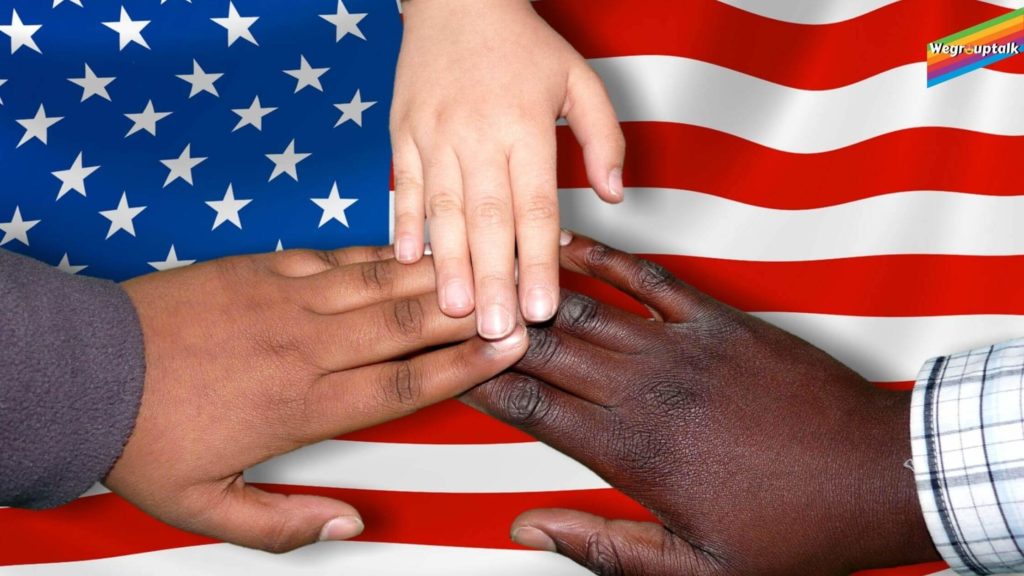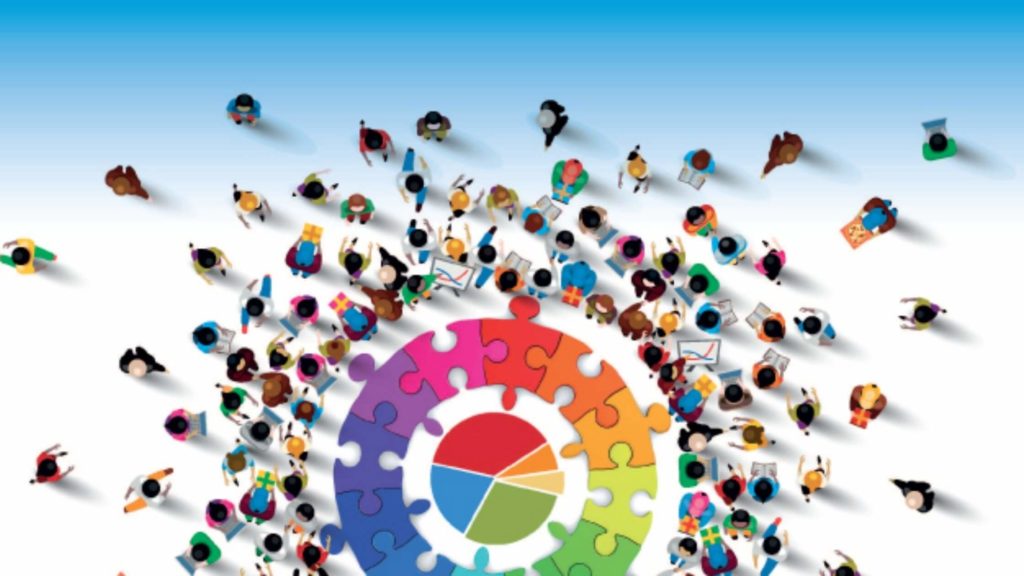Since ancient times, humanity has been on the move. Today, more people than ever before live in a country other than the one in which they were born. Don’t you think that this world is now pacing in a fast-forward way? Many things are changing rapidly, and amidst all this, a major problem that has come up is that of the migrants, which move from one place to the other. Their lives also matter, and so does our pondering on their living conditions and giving it a thought.
How is Migration creating problems for the countries?
Before I start with the topic, let me first introduce you to the facts and figures. By the United Nations international migration report of 2017, globally, the count of international migrants has been rising, and the numbers are significant. There has been an increase from 173 million in 2002 the number of 258 million in 2017. In the year 2017, Europe received around 78 million international migrants. Many other developing countries of the world also received a large number of international migrants. Africa received around 25 million and Asia around 80 million.
But let me also tell you that Migration is as old as humankind. People search and move to places with better living conditions for themselves and their families or escape the drama happening in their homeland. These are the major drivers behind why does Migration happen. In the year 1966, Lee proposed a theory of ‘push and pull’. He mentioned the economic, environmental, political, and social factors that push one to get out of his homeland and attract one to enter another country. Ban Ki-Moon, has rightly said that” Migration is an expression of the human aspiration for dignity, safety, and a better future. It is part of the social fabric, part of our very make-up as a human family. ”
Now, let’s ponder upon who actually is called a migrant?
According to the United Nations, a migrant is any person who is moving or has moved across an international border or within a state away from his/her habitual place of residence regardless of
- The person’s legal status
- Whether the movement is voluntary or involuntary
- What are the causes for the moment are and
- What is the length of the stay?
Classification
We can broadly classify migrants into two-
- Economic migrants
- Displaced people, the ones that seek asylum and refuge
Reasons for Migration vary from person to person. Some can be for economic reasons, whereas some can be displaced people. Still, one can also be classified under both categories at the same time.
Now that you have a brief idea about Migration let me tell you how it creates a problem for the countries?
a) Illegal immigration
Migrant receiving countries keep an eye on the migrants and proper statistics. However, in recent years, the number of illegal labor migration has been on the rise. Hence, maintaining proper statistics has become pretty much complicated. If we take the example of the United States of America, then there are around 43.7 million immigrants living there, out of which there are 10.7 million illegal ones.
These illegal migrants are causing concern for the population of the countries where the migrants are going. They are Ready to do labor even at lower rates, which is a growing concern among the people’s common masses. They are taking away the jobs from the native workers. Handling such a large number of illegal migrants is becoming a headache for the governments of those nations.
b) Conflicts and conflict resolution in both host and home countries
The large scale of international Migration brings in many dimensions of conflicts between the home and host countries. In some cases, permitting the migrants to come into its territory can lead to complications in the home and host country’s relationship. The conflict can arise because of the home state’s inability to manage the migration crisis on its own self.
The other possibility is that the home state might feel that the receiving state is encouraging by inciting people against the Migration government. An example of a scenario like this was seen in the case of the country Uganda and Congo. Uganda hosts the largest number of refugees in Africa, and most of the Sudanese refugees come here. It is because of ethnic conflicts in the Democratic Republic of Congo. So, this has been one of the major issues of diplomatic relations between the two countries lately.
After settling in the other country, the other case can be that migrants can indulge in anti-regime activities against their own home country’s government, whom they might think as the evil-doer for their plight.
Solutions for this?
Here are a few recommendations based on the governance framework by IOM (international organization for Migration); The organization which I mention at the start of this blog post.
- Countries must promote education, stability and give proper employment opportunities to the people of the nation so that forced Migration is reduced, making the choice of staying and not migrating seem better to individuals.
- There should be proper usage and maintenance of data and analysis that gives us the information about demographics, cross-border movement, displacement, be it the internal only, demographics, the market for the labourers, diasporas, seasonal trends, statistics about the health and education sector and the weightage of benefits and risk of Migration should also be known.
- Regional cooperation by the people can also help minimize the negative impact that the world has because of Migration and preserve the nation’s integrity. It can also lend its hand in the future to global development goals. It shall improve human capital by ensuring that there is long-term economic growth in the region.

Role of refugees in Migration
Who is a refugee?
A person who has been displaced forcibly from his own homeland country can return to his country safely is a refugee.
Current scenario
The world right now is facing a very high level in the displacement of people. No country in this world is still unaffected by refugees. Be it as a producer of it or as a receiver of it.
Many instances have proved that the outflow of refugees and displaced people place a lot of burdens socially and economically on the neighbouring states.
What do statistics have to say?
According to UNHCR, United Nations High Commissioner for Refugees, there were 66.5 million people who were forcibly displaced from their homeland for various reasons. Hence the number of refugees on this planet is enormous. If we look at it deeply, think about the people who have been denied or nationality. Such large numbers of the displaced population are also causing a problem to the governments of different countries.

How is it a problem for the governments?
A question of national security arises on their part in times of Migration of refugees. They also have to give economic protection to their own citizens of the country. Hence, they are sometimes not willing to give shelter to refugees. It also sometimes tends to disturb the communal harmony of the state.
As people belonging to the same state may or may not be belonging to the same religion or faith or may not be speaking the same language and many such other factors hence they might also not have the same opinion regarding the government, migrants, refugees, etc. so there may be internal communal clashes disturbing the communal harmony of the state. And this becomes the government’s headache and a problem for it.
Causes of Migration
a) War and civil war
Statistics say that every year before 2015, six people were forced to leave their homes because of this reason every minute. Still, the statistics after the year 2015 show that on average, around 24 people were forced to leave their homes every 60 seconds. These statistics were done by the UN refugee agency, which said that wars and prosecutions are the main cause of the refugee crisis globally.

b) Human rights violation
Inequality and discrimination, be it of any type, also leads people to move away from their country to some other region. There have been many such incidents of human rights violations due to which the people of the country had to move away from it, and still, till date, there are a lot of disputes between the countries because of the same reason of human rights violations.
The following cases exemplify human rights abuses: Genocide, torture, and arbitrary imprisonment are all forms of human and political rights abuses. Such violations get normalized during times of war. When a human rights violation occurs in combination with a violation of laws regulating armed conflict, it is referred to as a war crime.
c) Gender-based violence
The most common and basic form of gender-based violence is sexual assault, rape cases, forced sex, and human trafficking. Women and children are the ones who are targeted the most in it. The current refugee “crisis” in Europe has exposed refugee women to numerous types of vulnerability and insecurity, including sexual and gender-based abuse.
Increasing numbers of women, either alone or with their families, are attempting to migrate to Europe in search of safety from conflict and violence in their home countries. Still, they are subjected to violence during their journey and/or once they arrive in their destination country. The lack of sufficient housing and reception facilities for refugees and migrants in Europe and border closures that have intensified the need for smugglers to help them reach Europe contributes to the violence and insecurity.

d) Economic hardship
Many people flee away from the country for their and their family’s basic survival. One example of this scenario was in 2008 and 2009 when Zimbabwe’s mass movements happened to its neighboring countries.
One more such example is the most important problem the European Union has faced since its inception in 1993. Millions of people are fleeing to Europe, searching for refuge due to conflicts, limited economic prospects, and political turmoil in the Middle East. While the increased financial expenditure on refugees is putting the fiscal strength of EU countries to the test, the crisis also presents a long-term economic opportunity for European countries to address their workforce-age issues.
While economies are expected to benefit from increased aggregate demand due to increased public spending and higher tax revenue as a result of increased jobs, the migrant crisis has resulted in a rise in xenophobia and anti-EU sentiments. The economic challenges and opportunities associated with the European refugee crisis are discussed in this research paper and the ability to turn this humanitarian tragedy into a favorable situation for EU member states.
e) Political Issues
Apart from economic factors, political factors often affect people’s decisions to move from one country to another. The most important political factors in migration are conflict, persecution, and a lack of political rights.
Ever since the establishment of the United Nations High Commissioner for refugees has happened, there have been cases of displacement of several people who have been registered as refugee migrants because the local governments of that place had failed to provide them with the basic social rights that a citizen should have and the economic means of survival.
How should it be solved?
I think to solve a problem we should look at the root cause of it. The flow of migrants and refugees can be reduced and sometimes totally stopped if we remove its cause like wars, political instability, etc. In principle, efficient ‘Governance’ would reduce ‘Migration’ of inhabitants, and factors that encourage migration include:
- Education
- Employment
- Quality of life
- Political structure
- Company
And in my opinion, Via ‘Globalisation,’ an ideal influx of ‘Migration’ in the population could also enhance ‘Democracy.’

Conclusion
Information and knowledge is the best way of solving any issue. To stop any problem, awareness should be raised. Hence we should make people aware of the refugee crisis and the problems faced by migrants. We also should be fully known to the what about of it. We should make our very own homeland a prosperous place to live in by doing good for the society so that not Migrating to some other country rather than migrating becomes a choice.
And one thing that we all must always remember is that it’s important to note that refugees are almost always people whose homes, families, and everything they once cherished and held dear have been lost or are in grave danger. They are literally stuck in a zone where staying in such conditions and consuming shame in the “host” countries is intolerable; returning home is difficult because there is often no longer a “home” to return to. Moving elsewhere is seldom a choice. This is exactly how it feels to be “trapped.”
Also Read- How racism is a factor for lack of development in developing countries?
Follow us on FACEBOOK, INSTAGRAM and TWITTER to stay connected.




